Women Deliver in 2019
In June 2019, 8,000 world leaders, influencers, academics, activists and journalists flocked to Vancouver, Canada to attend the largest conference on gender equality on the health, rights and wellbeing of women and girls this decade.

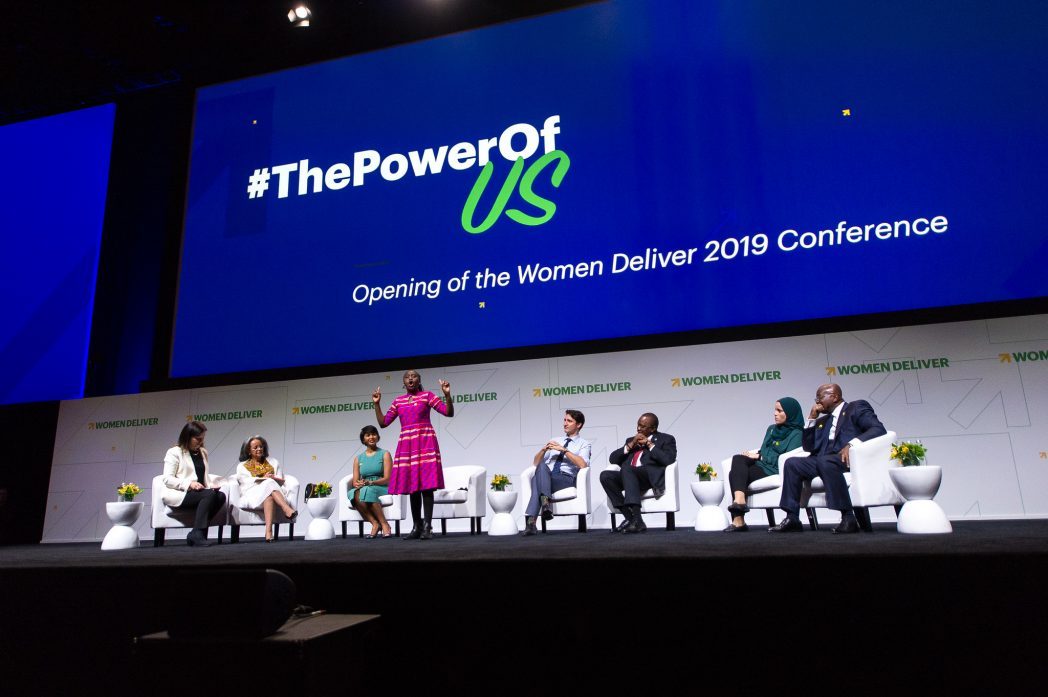
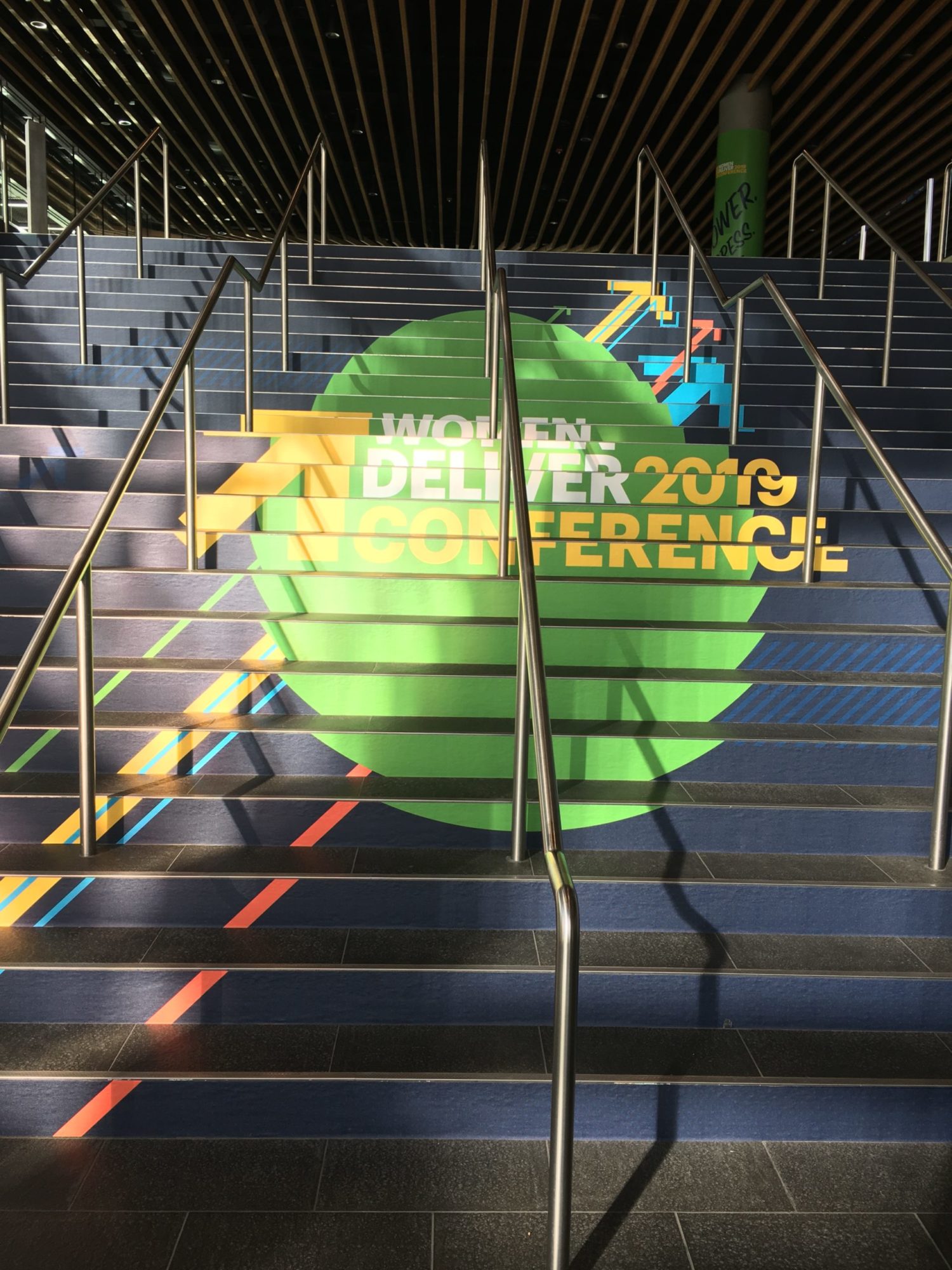
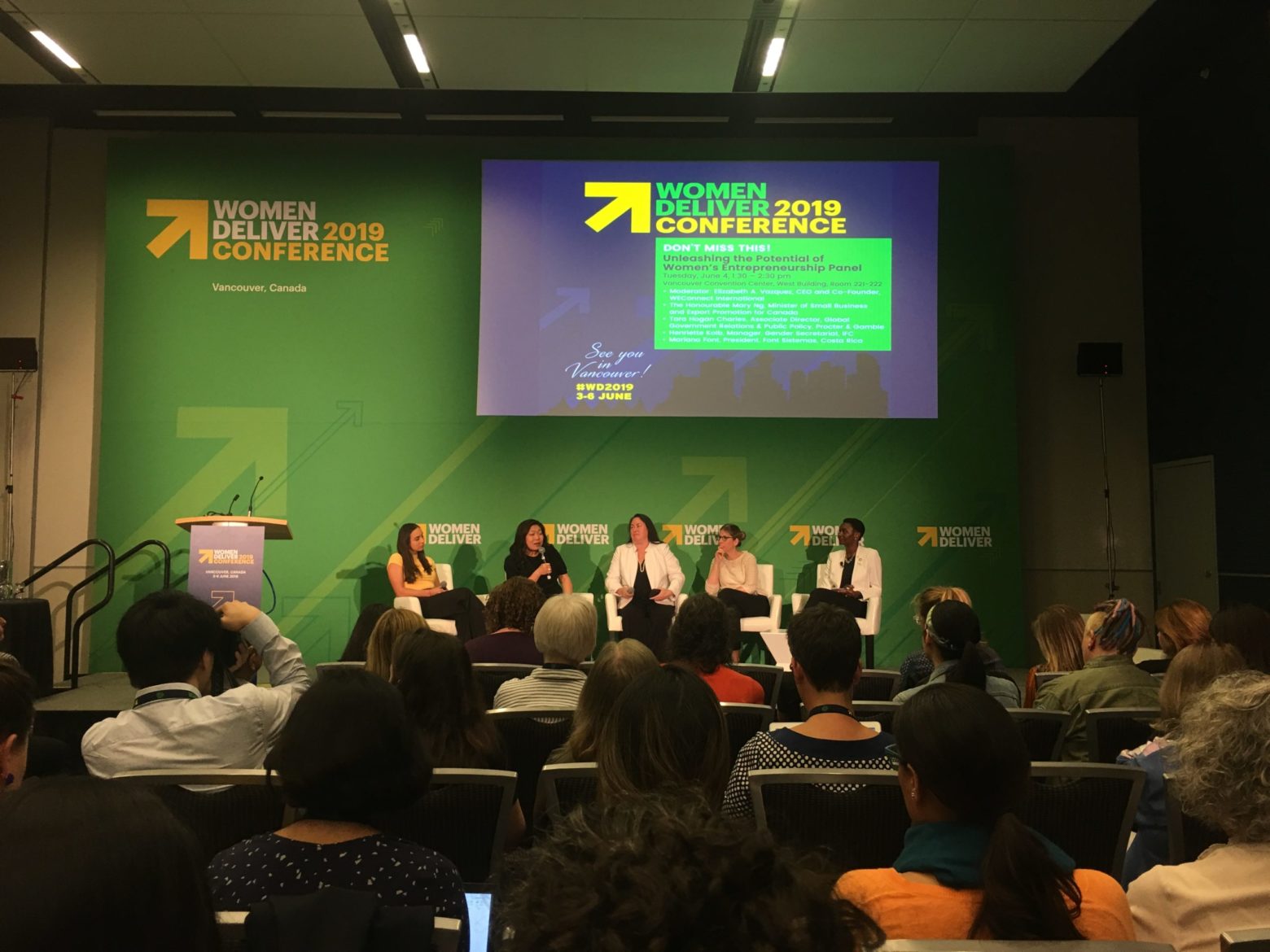
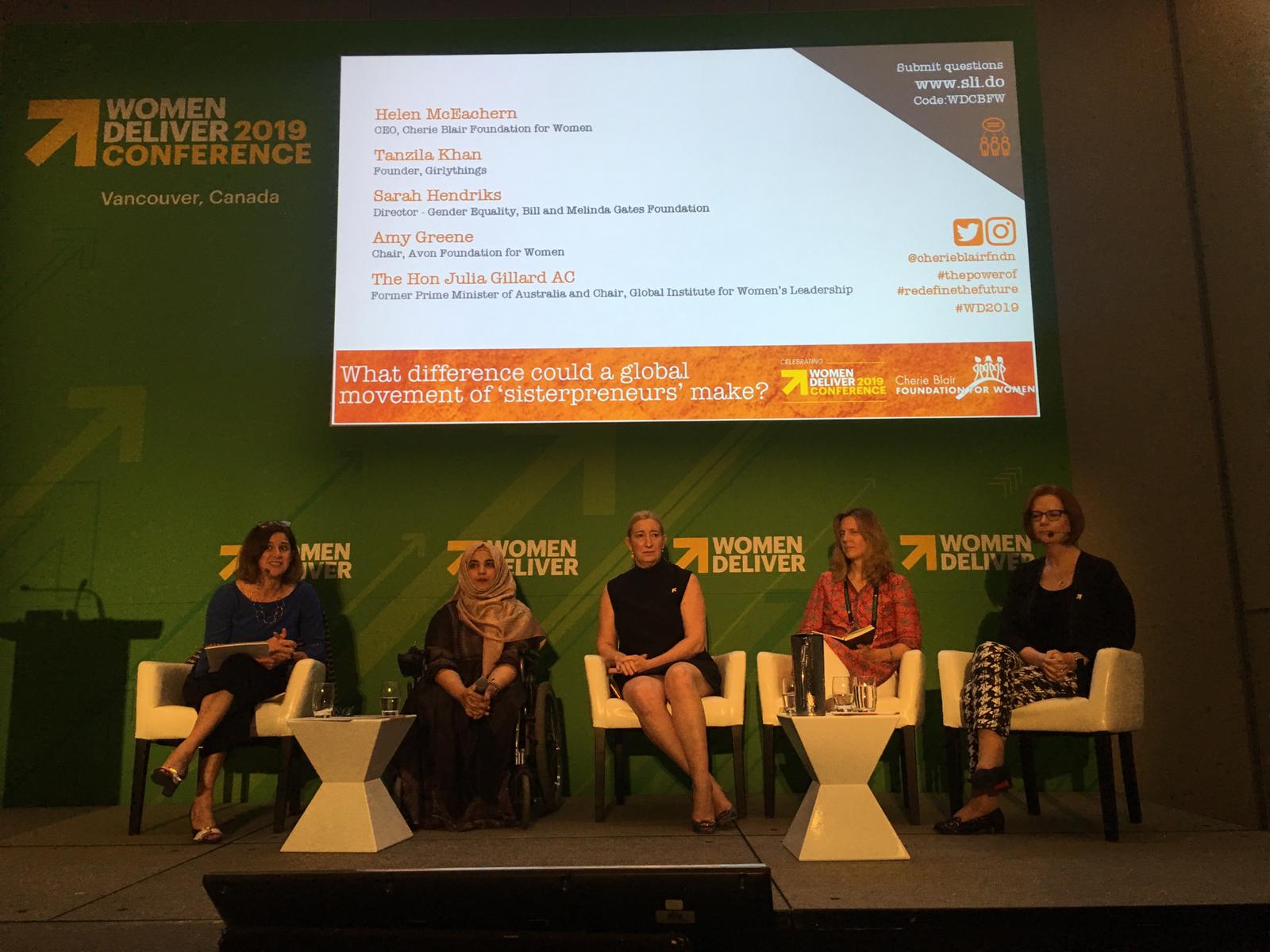
Be part of the change
Since 2008, we’ve directly supported over 175,000 women through our programmes to grow and strengthen their businesses, and in turn support their families and communities. We’re also making strides through our advocacy work to change the global landscape for the better so women entrepreneurs everywhere can thrive well into the future. You can be part of this fantastic change: join our 100,000 Women Campaign as a partner, ally or supporter today.
Donate now Join the Campaign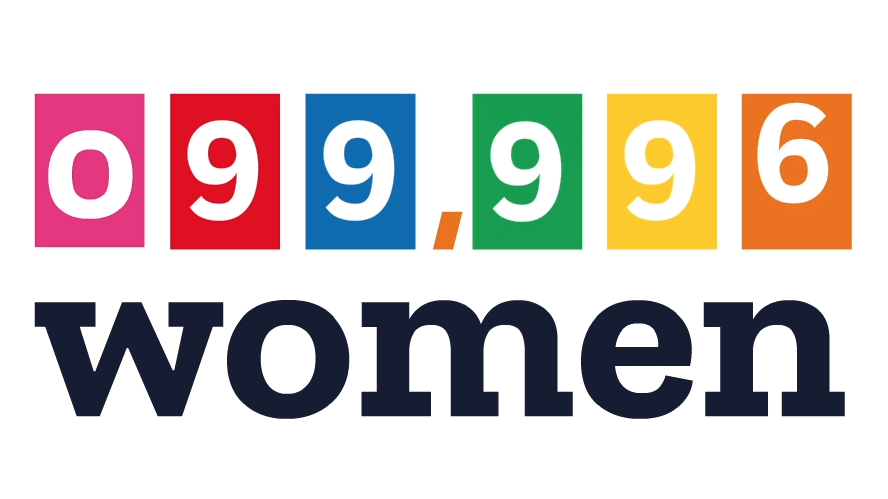
Take a look at more of our events:
-
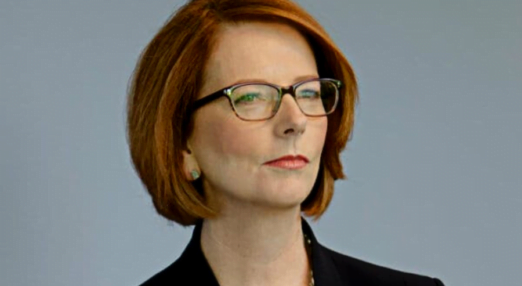
Hon. Julia Gillard AC on the power of young women entrepreneurs
27th Prime Minister of Australia Hon. Julia Gillard AC on supporting young women entrepreneurs, raising venture capital and stereotypes facing women leaders.
Read more
-
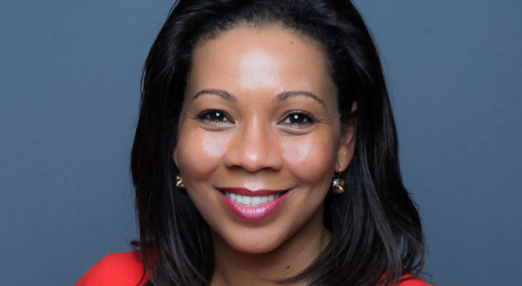
Rebecca Enonchong on digital entrepreneurship
Rebecca Enonchong on defying stereotypes and driving change for women in digital entrepreneurship.
Read more
-
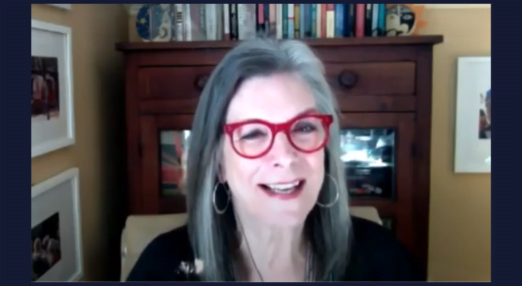
Dr. Linda Scott on challenging gender stereotypes
Dr. Linda Scott on how gender stereotypes hold women-owned businesses back in procurement processes
Read more
